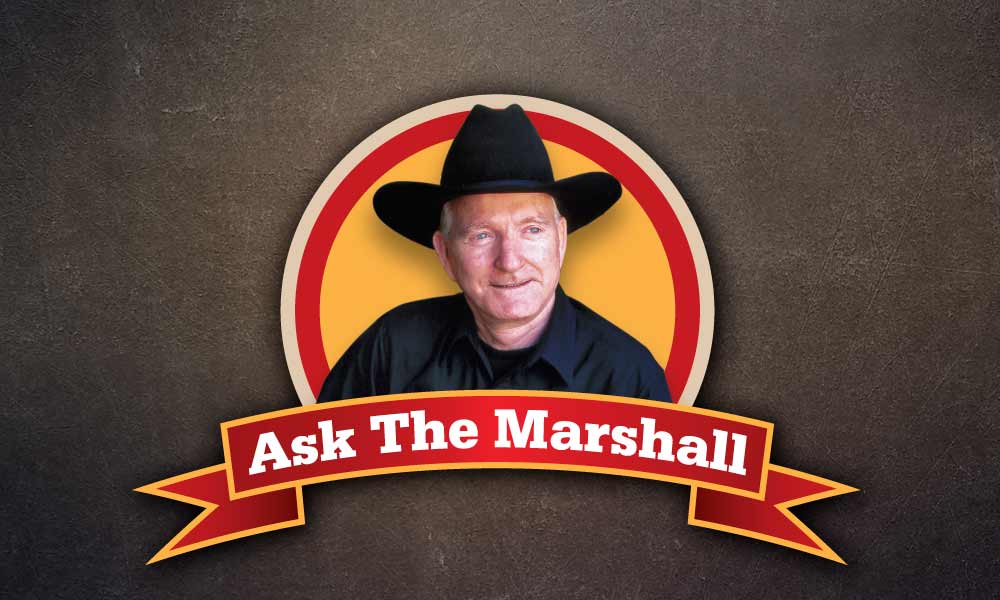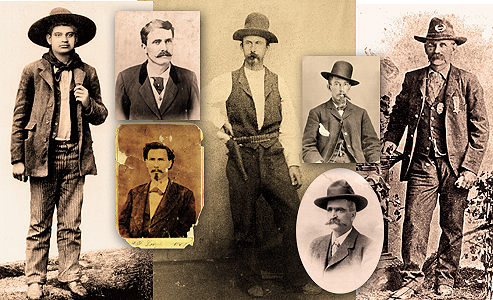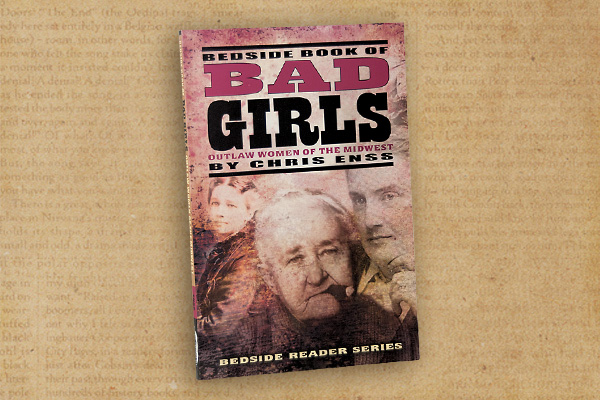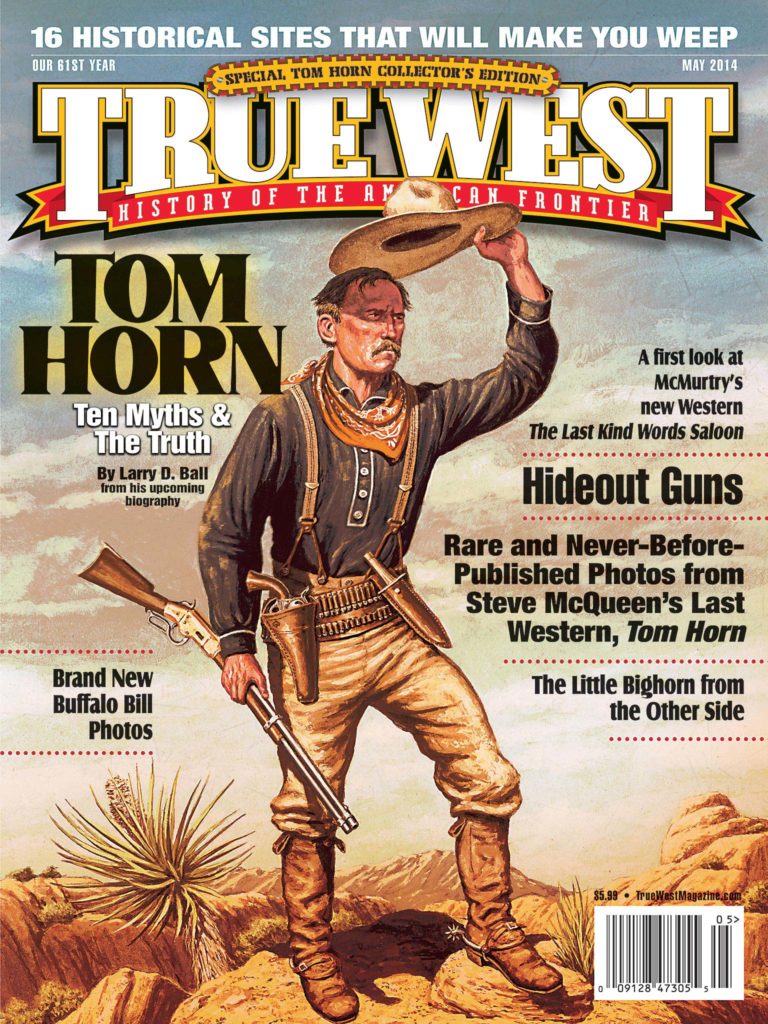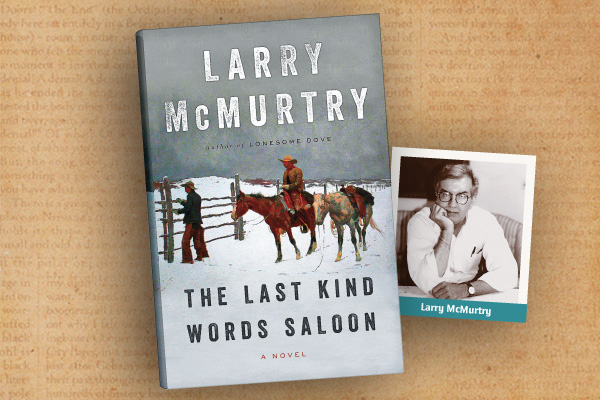 For over half a century, author Larry McMurtry has brought the West alive to readers through his lean, lyrical prose. His personal experiences growing up in Archer City, Texas, and his passion for the land, and the stories of the men and women, who lived and loved, fought and died in the Western lands to build a life worth living is reflective in his latest novel,
For over half a century, author Larry McMurtry has brought the West alive to readers through his lean, lyrical prose. His personal experiences growing up in Archer City, Texas, and his passion for the land, and the stories of the men and women, who lived and loved, fought and died in the Western lands to build a life worth living is reflective in his latest novel,
The Last Kind Words Saloon (Liveright Publishing, $24.95). His first Old West tale since Telegraph Days (2006), McMurtry, in an homage to John Ford’s ensemble Western films, returns us to his all-star cast of Western heroes, heroines, outlaws and renegades, including the Earp brothers, good friends Wyatt Earp and Doc Holliday, Nellie Courtright and Buffalo Bill Cody, Charles and Mary Goodnight, Chief Quanah Parker and Gen. William Sherman. As a seasoned bard of the Old West experience, McMurtry, provides the reader with a caveat preface before the reader saddles up with Wyatt and Doc on their journey into infamy: “The Last Kind Words Saloon is a ballad in prose whose characters are afloat in time; their legends and their lives in history rarely match.”
Filled with ironic, edgy rawhide humor, McMurtry’s story of two good friends, Wyatt and Doc, and their women and addictions, is the thread that ties the novel together as the two men waltz across the West from Texas to Tombstone and their date with destiny. Wyatt and Doc’s dialogue, like Jack Schaefer’s Monte Walsh characters Monte Walsh and Chet Rollins, two-steps and swings across the page like a Bob Wills barn dance:
“‘Before you go to the trouble we best figure out if you’re in the right town,’ Wyatt said. ‘This is Long Grass, which is nearly in Kansas, but not quite. It’s nearly in New Mexico, too, but not quite. Some have even suggested that we might be in Texas.’
‘It depends on your notion of where Texas stops,” Doc said, for clarity’s sake.’”
While McMurtry’s sense of humor and dry wit defines the dialogue—and the characters throughout the novel—he also provides a voice whose sensibility foresees the changing West and those who might survive its raw, violent frontier days just beyond the edge of civilization. But instead of creating a new character similar to newspaper editor Dutton Peabody in John Ford’s film adaptation of Dorothy Johnson’s short-story, “The Man Who Shot Liberty Valance,” McMurtry brings back one of his richest characters, Nellie Courtright from Telegraph Days, a reporter of the changing West. As tough and independent as Mark Twain in Roughing It, Nellie’s subtle sarcasm as an honest chronicler of the West, belies her skills of survival in love and war, and allows her to be McMurtry’s voice of the West’s transition from frontier to Hollywood. Like in Telegraph Days, McMurtry concludes his novel with Nellie restless in her 1920s Santa Monica, California, home, sanguine with her sunset view of the Pacific, and the knowledge that she had once known all the men and women of The Last Kind Words Saloon. One can only hope it is not the last time we read of Nellie exploits and adventures across the great, imagined West of Larry McMurtry.
–Stuart Rosebrook


